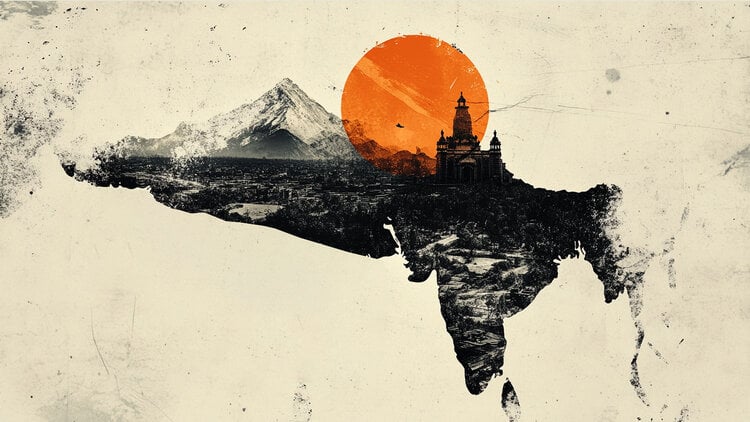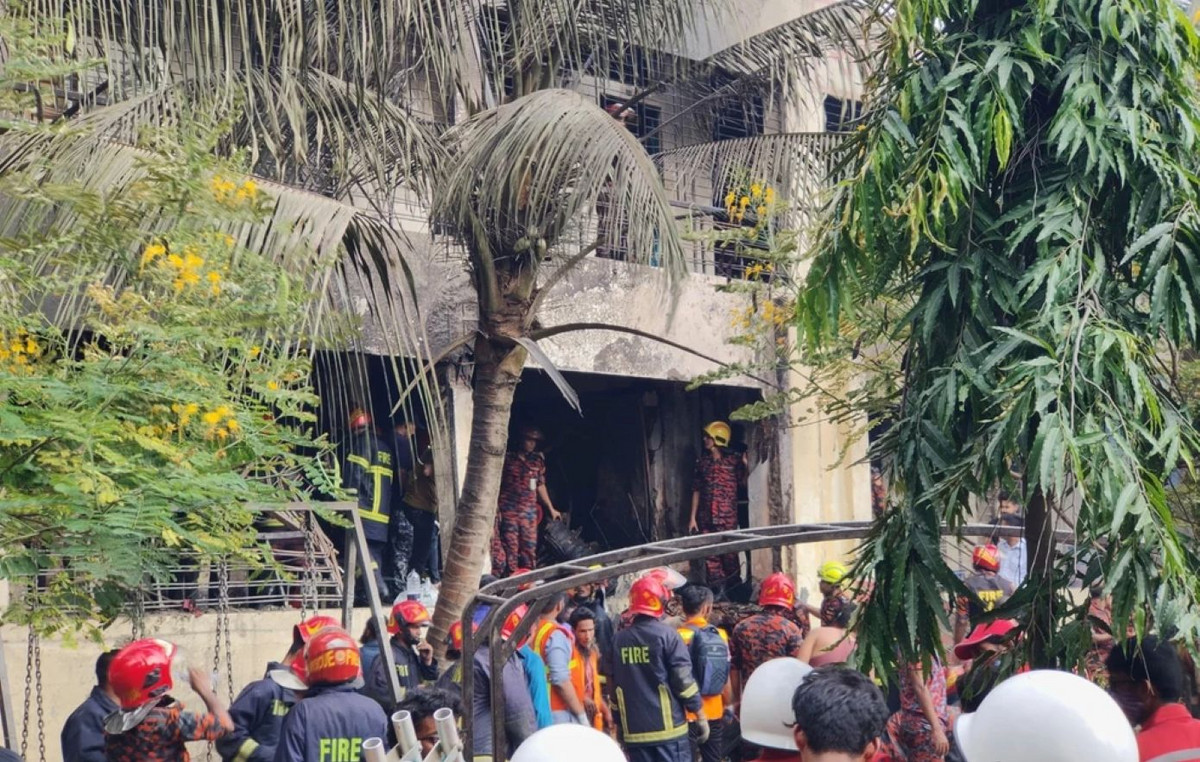The family income of people declared to be black or brown in Brazil was, on average, 73.3% lower than the income of the white population in 2020, the first year of the new coronavirus pandemic.
The data are part of the survey ‘Synthesis of Social Indicators’, released this Friday (3) by the Brazilian Institute of Geography and Statistics (IBGE).
The institute’s survey details that the employed white population had an average income of R$3,000 per month, while black and brown people received, on average, R$1,300 per month.
The difference in income between the sexes also drew attention: The income of men was 28.1% higher than that of women.
On average, the income of the Brazilian population was R$1,300 a month in 2020, 4.3% lower than that recorded in 2019 — a time before the economic recession generated by the pandemic.
The IBGE also shows that the drop in Brazilian income last year would have been 6.0% lower if the federal government had not carried out social programs such as emergency aid.
“Or tenth [10%] of the population with the lowest income would have lost 75% of their income without these social programs”, highlights an excerpt from the IBGE survey.
For the political scientist and doctor of law, Geraldo Tadeu, the results presented in the research show a reflection of the inequality registered in the country. According to him, this depreciation of blacks has been increasing over the years.
“This reflects a persistent and deep inequality in the Brazilian social structure, in which blacks and browns are systematically paid less than whites, in many cases doing the same work. This goes back to slavery, not from today. And all of this has been accentuated in recent years due to the economic crisis that we have been experiencing”, highlighted the political scientist.
unemployment record
The drop in the average income of Brazilians was not the worst problem caused by the Covid-19 pandemic, according to the IBGE. The survey shows that Brazil has never registered as many unemployed as in 2020.
The institute’s survey highlights that the level of employment in the country was the lowest ever recorded: only 51% had a job. Among young people aged 14 to 29, this indicator dropped from 48.2% in 2019 to 40.7% in 2020. In the same period, the informality rate of the employed population in the country dropped from 41.1% to 38.8 %.
Reference: CNN Brasil
I am Sophia william, author of World Stock Market. I have a degree in journalism from the University of Missouri and I have worked as a reporter for several news websites. I have a passion for writing and informing people about the latest news and events happening in the world. I strive to be accurate and unbiased in my reporting, and I hope to provide readers with valuable information that they can use to make informed decisions.







